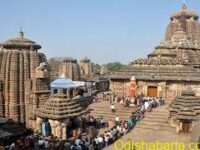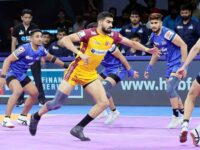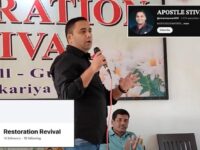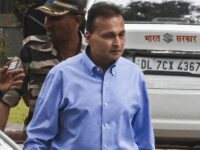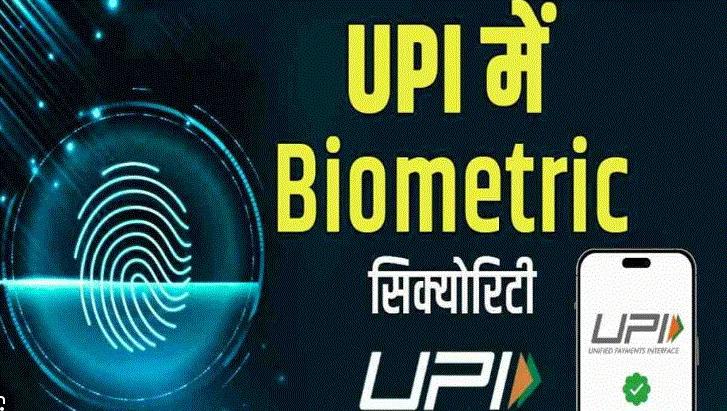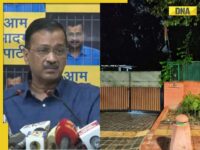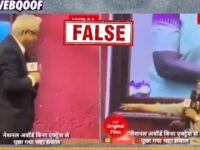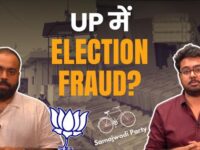In one of the most serious allegations against the Election Commission of India (ECI) in recent history, Leader of the Opposition Rahul Gandhi has accused Chief Election Commissioner Gyanesh Kumar of “protecting vote thieves” and enabling large-scale voter roll manipulation through centralized, software-driven deletions across multiple states. At the heart of this controversy is a seven-day ultimatum, issued by both sides.
Just weeks ago, Gyanesh Kumar publicly demanded an apology from Rahul Gandhi for making accusations against the Election Commission. Now, Gandhi has turned the tables. On September 18, he gave the Commission and Gyanesh Kumar exactly one week to come clean: either provide complete data to the Karnataka CID investigating voter deletions or publicly acknowledge wrongdoing.
This is no mere political spat. It is a question that cuts to the core of India’s democratic process: are voters being systematically erased from the electoral rolls without their knowledge, and is the Commission refusing to investigate?
Changing the Game: A New Kind of Political Messaging
Rahul Gandhi’s press conference wasn’t just a political event, it was a digital phenomenon. Streamed live on YouTube, the numbers were telling. The viewership started at 29,000, climbed to 45,000, then 65,000 as he presented evidence in real time. Within 24 hours, the total number of views hit 10,32,478.
That’s not just a press conference, that’s a mass political broadcast reaching over one million citizens in a single day. It’s also a signal of shifting political communication in India, away from traditional media, often accused of bias or suppression, and toward direct, digital platforms.
This kind of reach explains why Gandhi and other opposition leaders have increasingly turned to YouTube and social media to bypass what they call the “godi media,” mainstream outlets allegedly aligned with the ruling establishment.
It also explains why, as Gandhi warned, independent digital journalists and YouTubers are being targeted with legal threats, video takedowns, and harassment. When truth travels at the speed of a million views a day, power centers get nervous.
Focusing on the Aland Assembly constituency in Karnataka and Rajura in Maharashtra, Gandhi alleged that over 6,000 voter names were either deleted or added in a targeted and centralized manner using digital tools. His most damning claim: these changes were processed using phone numbers from states outside Karnataka, often through software that automatically pulled the first name on the voter list, serial number one, to file deletion forms under their name.
One such person, Suryakant, stood beside Gandhi on stage. Fourteen deletion applications were filed using Suryakant’s identity, none of which he had authorized. Phone numbers used in the process weren’t his. He had no idea any deletions had been made in his name.
Another voter, Babita Choudhary, was among those deleted under Suryakant’s name. Both individuals publicly denied involvement. The evidence points not to a clerical error or individual fraud, but to a coordinated digital operation. Even more suspicious, said Gandhi, is the timing of these applications. One such deletion was filed at 4:00 a.m. by a person named Nagraj, who submitted two Form 7 applications in just 36 seconds.
This isn’t just voter roll manipulation, it’s automation.
The Technology Trail: CID Chasing Shadows
In February 2023, an FIR was filed to investigate vote theft in Aland. Since then, the Karnataka Criminal Investigation Department (CID) has sent 18 letters to the Election Commission, requesting technical details crucial for identifying the perpetrators:
• IP addresses of the devices from which deletions were filed
• Destination ports
• OTP message trails
• Phone numbers used
• Ownership details of those numbers
None of the letters, Rahul Gandhi said, received a satisfactory reply.
Even Karnataka’s Chief Electoral Officer (CEO) wrote to the Commission. Still, silence. In March 2025, the CEO made another formal request. Again, no meaningful response. Meanwhile, the deletions remain unexplained, and the CID investigation hangs in limbo.
If this were a small-time case, Gandhi argued, the matter would have been resolved in weeks. But two years on, even the most basic digital footprints, data that could be retrieved in minutes, haven’t been handed over.
“This Is Not My Job”, But Someone Has to Do It
At the press conference, Gandhi made a stark statement:
“My job is not to protect democracy, that’s the job of India’s institutions. But they are not doing it. So I am.”
He added that help is now coming from inside the Election Commission, indicating potential whistleblowers may be stepping forward.
In what he called “The Aland Five” (a nod to politically motivated film titles like The Kashmir Files), Gandhi explained how the scam was exposed when a Booth Level Officer (BLO) discovered that her own relative’s name had been deleted. The deletion was traced back to a neighbor, who denied any knowledge of submitting a request. This led to the uncovering of over 6,000 suspicious deletions in the constituency.
These weren’t isolated incidents. They were systematic attacks on Congress strongholds, said Gandhi. In the top 10 booths where Congress had performed best in 2018, thousands of voters were suddenly missing from the rolls.
In Rajura, Maharashtra, the opposite pattern appeared: additions, not deletions. Again, over 6,000 names were added, allegedly using similar centralized software and out-of-state phone numbers.
A Week to Respond: Gandhi’s Counter-Ultimatum
Rahul Gandhi’s challenge to Gyanesh Kumar is crystal clear. Either provide complete technical information to the Karnataka CID within one week, or issue an apology to the nation.
This is the same challenge Gyanesh Kumar once hurled at Gandhi.
“Either give the data,” Gandhi said, “or accept that the Election Commission is complicit in vote theft.”
The Commission’s response so far? A brief tweet calling the allegations “baseless.” No press conference. No technical rebuttal. Meanwhile, it was Union Minister Anurag Thakur, not the Commission, who held a press meet to attack Gandhi, accusing him of trying to “destabilize democracy” and “spread lies like in Bangladesh or Nepal.”
But as Gandhi pointed out, the Election Commission did not ask for an affidavit from Anurag Thakur when he alleged that opposition parties had stolen elections. They only demanded it from Gandhi.
Beyond Aland and Rajura: Is It a National Operation?
If Rahul Gandhi’s evidence holds, the implications are staggering.
He alleges that this operation spans multiple states: Karnataka, Maharashtra, Uttar Pradesh, Haryana, and more. Forms are being filed from call centers. Software is being used to auto-select voter names for deletion. Deletions are occurring without voters being notified or given a chance to respond.
And the Election Commission? Not only is it not investigating properly, it is actively obstructing those who are.
In a democracy where 1.4 billion people rely on free and fair elections, this isn’t just a bureaucratic failure, it’s a constitutional crisis.
Voter Privacy and the “Mother-Sister” Excuse
When the Karnataka CID requested CCTV footage from polling booths, the Election Commission allegedly denied it, on grounds that showing women on video might infringe on their privacy.
This, Gandhi said, is absurd.
In the Vice President’s election, live video footage of men and women voting was broadcast without issue. So why this sudden concern?
The real reason, according to Gandhi, is simple: to shield those who are gaming the system.
What Now?
This is no longer about Rahul Gandhi alone. This is about institutional accountability.
Will the Election Commission provide full data to the CID?
Will it address the clear discrepancies between its statements and its actions?
Will Chief Election Commissioner Gyanesh Kumar hold a press conference and answer, specifically, why 18 letters have gone unanswered? Why the requested IP data has not been shared? Why voters’ names were deleted using mobile numbers from other states?
Will the people of India, especially the youth, accept silence as an answer?
Final Thoughts
Gandhi’s press conference was a political event, but it was also a public warning. If votes are being stolen digitally, and if those in charge of protecting the electoral process are complicit or negligent, then democracy itself is under threat.
This isn’t just about 6,000 names in Karnataka or Maharashtra. It’s about a pattern of erasure, a technocratic method of manipulation, and a systemic refusal to investigate.
The clock is ticking.
The Election Commission and Gyanesh Kumar have one week to respond. Not with press statements, not with legal threats, but with data. If they don’t, the public will draw its own conclusions.
In the age of YouTube and independent journalism, silence is not protection. It’s exposure.
And in Rahul Gandhi’s words, the hydrogen bomb is still to come.

